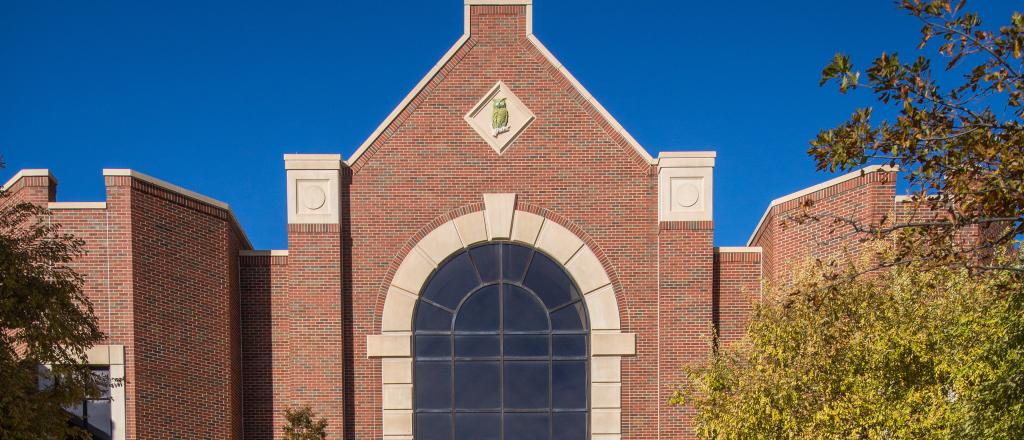Apply Here
Contact paralegalstudies@law.ou.edu if you have any questions about your application.
Admission Requirements
An applicant may be admitted to the Paralegal Studies program at any time. To be admitted, applicant must meet one of the following requirements:
- A high school diploma, or equivalent, and an American College Test (ACT) composite score of at least 17
- At least 12 credit hours from an accredited institution of higher education
- A baccalaureate or academic associate degree from an accredited institution of higher education
Requirements for completion of the Paralegal Certificate include both Legal Specialty Courses and General Education Requirements. However, General Education Requirements may be completed at the same time students are completing their Legal Specialty Courses.
Nine credits must be completed synchronously. Synchronously means live, real-time. Students can attend synchronously on the Zoom platform or students may, in most classes, attend the live session on campus.
Legal Specialty Course Requirement: 23 Credit Hours
A 12-point grading scale is used in which A+=12 and F=0. The certificate candidate must maintain a minimum 4.00, or C-, in required legal specialty courses and a passing grade in elective legal specialty courses. A candidate who receives a grade of D+ or below in a required legal specialty course must retake the course.
General Education Course Requirement: 37 hours
General education courses must be from an accredited institution of higher education with grades of C- or better. General education means those courses designed to give a student a broadly based liberal arts education. The courses shall be at the college level and provide students with critical reasoning and writing skills. Courses must be in at least three different disciplines, such as social and behavioral science, English composition and literature, foreign language, mathematics, humanities, natural science and the fine arts. Courses specifically designed to develop professional, vocational and technical skills are not considered general education. Examples of courses that are not considered general education include, but are not limited to, physical education, performing arts, accounting, computers, technical writing, business mathematics, keyboarding and business law.
The candidate must demonstrate writing proficiency at the college level by satisfactory completion of a college-level English composition course or acceptable scores on recognized tests that measure writing proficiency.
General education courses must be completed in logical sequence. For example, the candidate should complete English composition courses early in the course of study because writing is essential in paralegal studies.
The general education, writing proficiency and total credit-hour requirements are assumed to have been met if the candidate has completed a baccalaureate or academic associate degree from an accredited institution of higher education.
Transfer Policy on Legal-Specialty Course Work Completed at Other ABA Approved Institutions
The department may accept legal-specialty course work completed at other American Bar Association-approved paralegal educational programs. Legal-specialty course work completed at other institutions will be accepted in lieu of a maximum of six credits of legal-specialty course work completed in the department. The student must have earned a final grade of C minus or better in the course work. The student is required to submit documentation of the material covered in course work at other institutions. Such documentation may include titles of textbooks, course syllabus, papers or other written work, and other materials that help determine whether courses are comparable to courses in the department. Acceptance of course work from other institutions is subject to the approval of the director.

